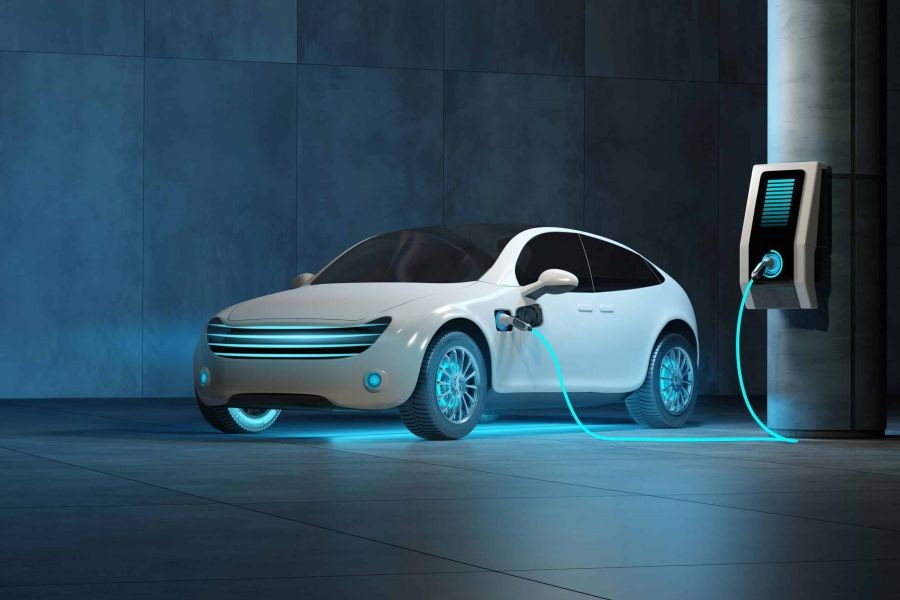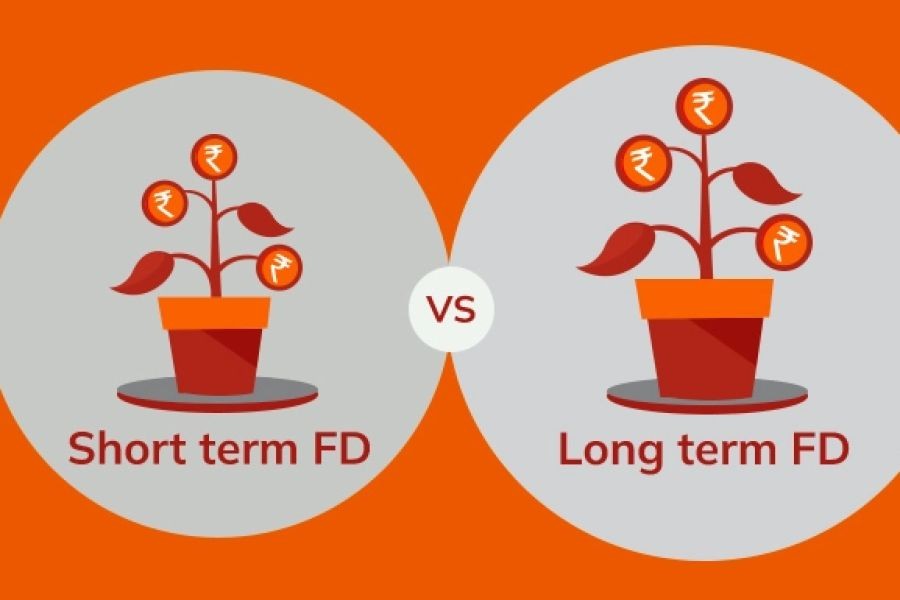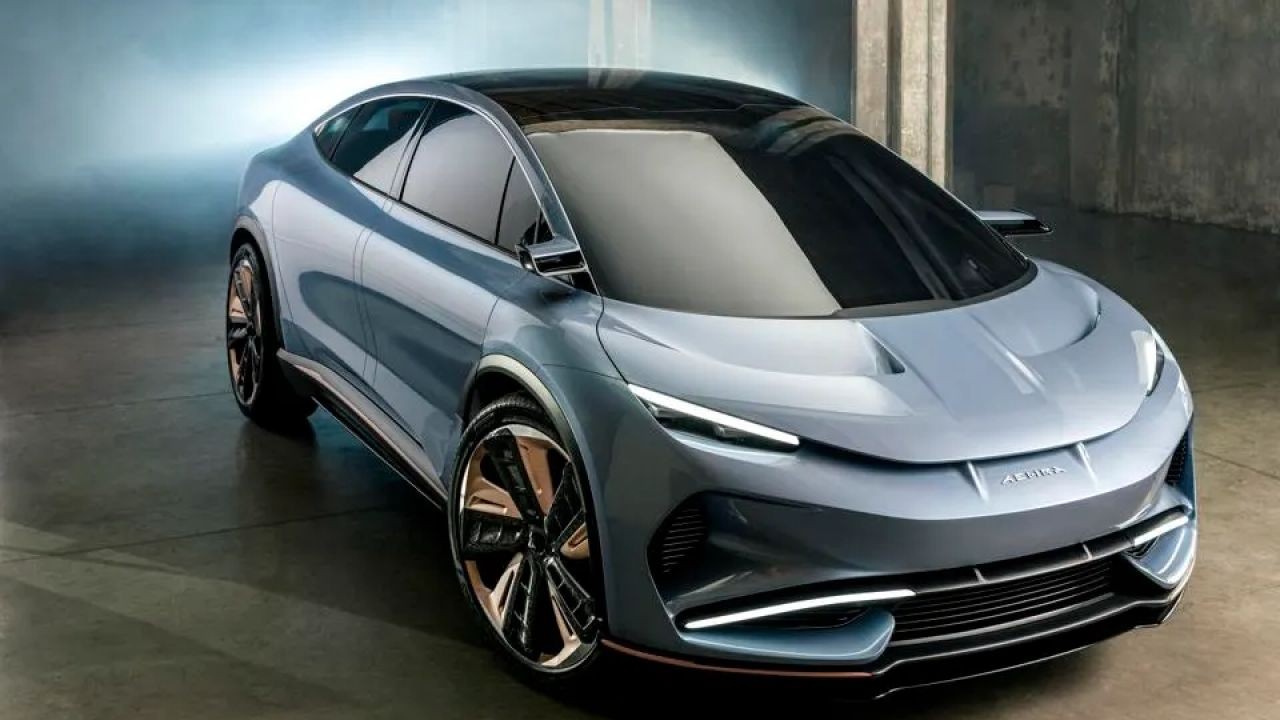Electric vehicles (EVs) are rapidly gaining traction worldwide and New Zealand is no exception. As the country looks to reduce its carbon footprint and transition to a sustainable future, the demand for EVs is surging. But is New Zealand equipped to handle this surge? This article delves into the intricacies of the EV market in New Zealand, exploring whether the nation is truly ready to meet the growing demand.
The Current State of EV Adoption in New Zealand
As of 2023, New Zealand has seen a remarkable increase in EV registrations. According to the Ministry of Business, Innovation, and Employment (MBIE), there has been a 70% increase in EV registrations over the past two years. This surge is driven by government incentives, increased consumer awareness, and a growing network of charging infrastructure.
The government has set ambitious targets to have EVs make up 50% of new car sales by 2030. However, achieving this goal requires addressing several challenges, including infrastructure readiness, cost barriers, and consumer hesitancy.
Infrastructure: A Critical Component
One of the key factors determining New Zealand's readiness for the EV surge is charging infrastructure. Currently, the country boasts over 2,000 public charging stations, but this number needs to grow exponentially to support the rising number of EVs. The government has committed to expanding this network with additional fast-charging stations along major highways and urban centers.
However, challenges remain. The existing infrastructure is unevenly distributed, with rural areas often underserved. To address this, New Zealand must invest strategically in charging infrastructure, ensuring equitable access for all regions.
Case Study: Norway's Success with EVs
Norway stands as a global leader in EV adoption, with EVs making up over 80% of new car sales in 2022. The country's success can be attributed to a comprehensive approach that includes substantial government incentives, a robust charging network, and public campaigns to raise awareness.
Problem: Norway faced challenges similar to New Zealand, including infrastructure gaps and consumer skepticism.
Action: The Norwegian government implemented tax incentives, invested heavily in charging infrastructure, and launched campaigns to promote EV benefits.
Result: As a result, Norway saw a significant increase in EV adoption, with consumer confidence bolstered by easy access to charging and reduced ownership costs.
Takeaway: New Zealand can draw valuable lessons from Norway by prioritizing infrastructure investment and consumer incentives to accelerate EV adoption.
Challenges and Opportunities in the New Zealand EV Market
Cost Barriers and Incentives
The initial cost of EVs remains a significant barrier for many New Zealanders. While the government offers incentives such as the Clean Car Discount, which provides rebates for low-emission vehicles, the upfront cost of EVs can still be prohibitive compared to traditional vehicles.
To overcome this, New Zealand could consider additional incentives similar to those in countries like Norway and the Netherlands, where tax breaks and subsidies have made EVs more accessible.
Consumer Perception and Education
Consumer perception plays a crucial role in EV adoption. While awareness of environmental benefits is growing, misconceptions about range anxiety and charging times persist. Education campaigns highlighting advancements in battery technology and charging infrastructure can help dispel these myths.
Moreover, New Zealand businesses can leverage EVs as a part of their sustainability goals, enhancing corporate responsibility and appealing to environmentally-conscious consumers.
Economic Impacts of Increased EV Adoption
The transition to EVs presents significant economic opportunities for New Zealand. According to a report by the Reserve Bank of New Zealand, the shift to electric transportation could contribute to economic growth through job creation in manufacturing, infrastructure development, and the renewable energy sector.
However, this transition also poses challenges for the automotive industry and related sectors. Traditional vehicle dealerships may face reduced demand, necessitating a strategic shift towards offering EVs and related services.
Pros and Cons of EV Adoption in New Zealand
✅ Pros:
- Environmental Benefits: EVs produce zero tailpipe emissions, contributing to cleaner air and reduced carbon footprint.
- Cost Savings: Lower fuel and maintenance costs make EVs economically attractive in the long run.
- Energy Independence: Reducing reliance on imported fossil fuels strengthens national energy security.
- Economic Growth: Opportunities in renewable energy and infrastructure development can boost the economy.
❌ Cons:
- Infrastructure Gaps: Limited charging stations in rural areas may hinder widespread adoption.
- High Initial Costs: The upfront cost of EVs remains a barrier for many consumers.
- Supply Chain Challenges: The global semiconductor shortage could impact EV production and availability.
- Transition Costs: Industries reliant on fossil fuels may face economic challenges during the transition.
Debunking Common Myths about EVs
Myth: "Electric vehicles are only suitable for short distances."
Reality: Modern EVs offer ranges exceeding 400 kilometers on a single charge, making them suitable for long-distance travel (Source: Electric Vehicle Association of New Zealand).
Myth: "EVs are too expensive for the average Kiwi."
Reality: While initial costs are higher, the total cost of ownership, including fuel and maintenance savings, often makes EVs more economical over time (Source: MBIE).
Myth: "EVs take too long to charge."
Reality: Fast-charging stations can recharge an EV to 80% capacity in under 30 minutes, facilitating convenient travel (Source: New Zealand Transport Agency).
Future Trends and Predictions for EVs in New Zealand
Looking ahead, the EV market in New Zealand is poised for significant growth. According to a Deloitte report, EV sales are expected to triple by 2028, driven by advancements in battery technology and increased consumer demand for sustainable transportation.
The government is likely to introduce more aggressive policies to support this growth, including stricter emission standards and additional incentives for EV manufacturers and consumers.
Moreover, the integration of smart grid technology will enhance the efficiency of charging infrastructure, allowing for better management of electricity demand and supply. This will be crucial as New Zealand continues to prioritize renewable energy sources.
Conclusion
In conclusion, while New Zealand is making strides toward embracing the electric vehicle revolution, there are several challenges that need to be addressed to ensure a smooth transition. By investing in infrastructure, offering consumer incentives, and fostering public awareness, New Zealand can position itself as a leader in sustainable transportation.
What’s your take on New Zealand’s readiness for the EV surge? Share your insights below!
People Also Ask (FAQ)
How does increased EV adoption impact New Zealand's economy? Increased EV adoption is expected to create jobs in manufacturing, infrastructure, and renewable energy sectors, boosting economic growth.
What are the biggest misconceptions about EVs in New Zealand? Common myths include EVs having limited range and being too expensive, but advancements in technology have addressed these issues.
What strategies can enhance EV adoption in New Zealand? Expanding charging infrastructure, offering tax incentives, and running educational campaigns can significantly enhance EV adoption.
Related Search Queries
- Electric vehicles New Zealand market
- EV charging infrastructure NZ
- Government incentives for EVs in NZ
- Environmental impact of EVs in New Zealand
- Future of electric vehicles in New Zealand
- EV adoption challenges NZ
- Electric vehicle cost savings
- Renewable energy and EVs in NZ
- New Zealand EV incentives
- EV range anxiety solutions































